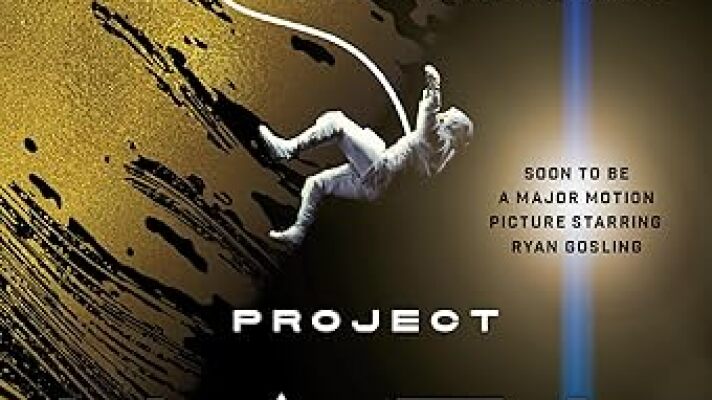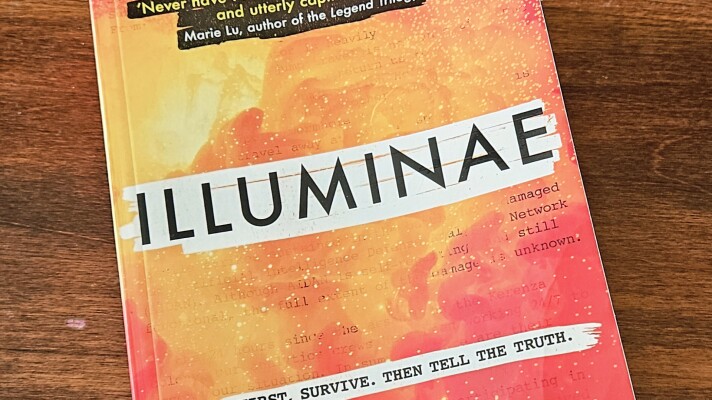Ernest Hemingway wrote, all modern American literature comes from one book by Mark Twain called Huckleberry Finn. There was nothing before. There has been nothing as good since. One of America's most notable books, Huckleberry Finn, is controversial yet indisputably influential.
Since reading it as a child. Huck's adventures and his awakening yet halting awareness of Jim's humanity have stuck with me. Now, the gifted writer Percival Everett has brought Jim to life in his spellbinding novel James. In it, we re-experience the story from the vantage of the fugitive slave Jim. Jim, in this telling, is literate, compassionate and wise. He knows the injustice of his bondage, and he meditates on ideals that would judge a man or woman by their humanity, not the color of their skin.
His inner dialog features a who's who of great writers, their stories and insights have liberated him inwardly. But what Jim knows and feels and desires, he must hide. White slave owners won't abide intellectual or moral superiority in their slaves. So he plays dumb, uses idiomatic slave speech. Obsequious Lee bends to his inferiors will even among fellow slaves. He's cautious.
In one vision, Jim wonders what white people would do to a slave who had learned how to read. What would they do? He wonders, to a slave who knew what a hypotenuse was, what irony meant, how retribution was spelled. Jim is a freethinking, magnanimous man who passes as an unthinking, pliant slave. Herein lies heartbreaking tragedy, exposed by Everett's book that Mark Twain's original only suggests.
Memorable motifs reinforce prophetic judgment. Clanging hammer on anvil, ringing Sunday church bells, the sounding horns of paddle wheelers on the Mississippi come as alarms. Something is wrong. Urgent attention needed. Time's up. Nothing is more urgent for Jim than saving his wife and daughter. Even so, he loves Huck Finn. And he won't sacrifice the boy for the sake of Sadie and Lizzie.
In place of other self preferment, Jim is self-sacrificial. Others inhumanity is put to shame by his decency. It's a delight to find in James echoes of Homer, Epictetus, Voltaire, John Locke, Frederick Douglass, Dubois, Ellison, Baldwin, and most of all, Mark Twain. One reviewer calls James a Canon shatteringly great book. Doubtless it will earn Everett new accolades and awards, and likely a richly deserved Pulitzer Prize.













